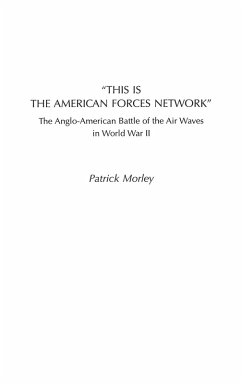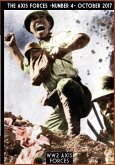During World War II, radio broadcasts were fundamental to the morale of the allied troops. When Americans attempted to establish their own network, the Armed Forces Network (AFN), the BBC initially resisted. This documented account of the disputes between Britain and the United States in regard to the airwaves illustrates how, despite the tensions and with the intervention of General Eisenhower and Winston Churchill, the relationship succeeded. It details the political machinations with which the BBC attempted to thwart the development of the AFN and the strategies by which the Americans established and operated the network. It was not long before the AFN captivated a wide British audience and introduced it to the American big bands, such as the Glenn Miller orchestra, and entertainers like Jack Benny and Bob Hope. The tensions and compromises between the two broadcasting networks reflected the disagreements and concessions characteristic of the overall Anglo-American alliance. This lively chronicle of the frictions between the BBC and the AFN, and the portrait it paints of wartime Britain will appeal to a number of audiences, from scholars of the history of broadcasting, to wartime music buffs, to those interested in the politics of World War II, and to the veterans who served in the war.
Hinweis: Dieser Artikel kann nur an eine deutsche Lieferadresse ausgeliefert werden.
Hinweis: Dieser Artikel kann nur an eine deutsche Lieferadresse ausgeliefert werden.








